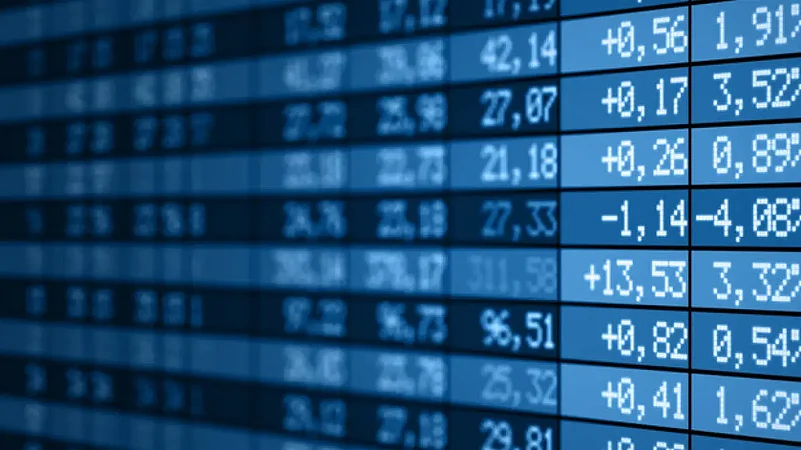Wall Street pointed toward modest declines when markets open Monday as investors continue to weigh surging energy costs and prospects for interest rate hikes in the U.S.
Dow futures fell 0.1% and the same for the S&P 500 lost 0.3%. Global shares were mixed and oil prices fell.
Last week, U.S. benchmarks logged their sixth straight weekly drop, the longest such streak since 2011.
Some analysts worry that if the U.S. Federal Reserve raises interest rates too quickly, or by too much, that could set off a recession.
A slowdown in the U.S. would almost certainly hurt the Asian region, which exports and manufactures goods for the U.S. economy.
The Fed has said it will continue to raise interest rates to temper rising inflation. The benchmark short-term interest rate was at a record low of near zero during much of the coronavirus pandemic.
“Many others had spotted recession risk out in 2024, but we have been aggressive from the outset in our forecast for a potential U.S. recession this year,” said Clifford Bennett, chief economist at ACY Securities.
In Europe, France's CAC 40 declined 0.4% in midday trading, while Germany's DAX shed 0.7%. Britain's FTSE 100 was essentially flat.
Japan's benchmark Nikkei 225 gained 0.5% to finish at 26,547.05.
A Bank of Japan report said wholesale inflation rose a record 10% in April from the previous year, the highest since comparable records began in 1981.
Japan's consumer prices have not risen at such a brisk pace in recent months. April consumer prices data are due out later this week.
In other regional trading, Australia's S&P/ASX 200 edged up 0.3% to 7,093.00. South Korea's Kospi fell 0.3% to 2,596.58.
Hong Kong's Hang Seng recouped morning losses to rise 0.3% to 19,950.21, while the Shanghai Composite shed 0.3% to 3,073.75.
Even if concern over interest rate increases has been allayed somewhat, investors are still watching closely for what Fed Chairman Jerome Powell might say next, said Stephen Innes, managing partner at SPI Asset Management.
“That does not mean the bear market is over, especially with the recession on everyone's mind,” Innes said.
The upcoming round of corporate earnings may provide insights into how inflation is affecting businesses and consumers. Several major U.S. retailers report results later this week, including Walmart, Target, and Home Depot.
Markets have slumped since late March as traders worry the Fed may not succeed in its delicate mission of slowing the economy to rein in the highest inflation in four decades without causing a recession.
Shares of Spirit Airlines jumped 13% in premarket trading on news that JetBlue is going hostile in its bid for the budget airline.
JetBlue will go straight to Spirit shareholders to ask them to reject a proposed $2.9 billion acquisition by Frontier Airlines. Spirit has twice rejected JetBlue's $3.6 billion offer.
In energy trading, benchmark U.S. crude lost $1.16 to $109.33 a barrel in electronic trading on the New York Mercantile Exchange. It jumped $4.36 to $110.49 on Friday. Brent crude, the international standard, fell $1.30 to $110.25 a barrel.
In currency trading, the U.S. dollar edged up to 129.46 Japanese yen from 129.28 yen. The euro cost $1.0422, up from $1.0402.































